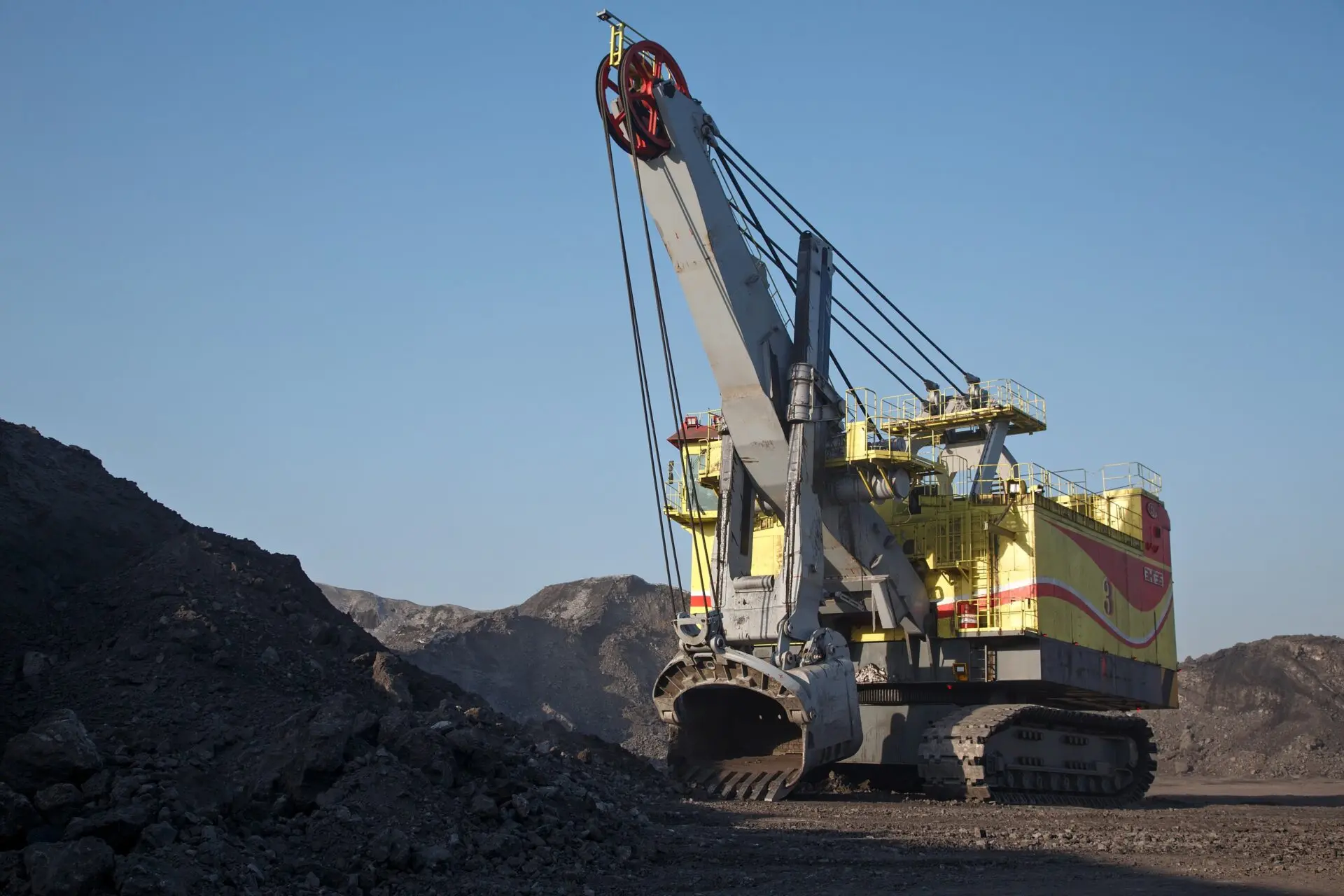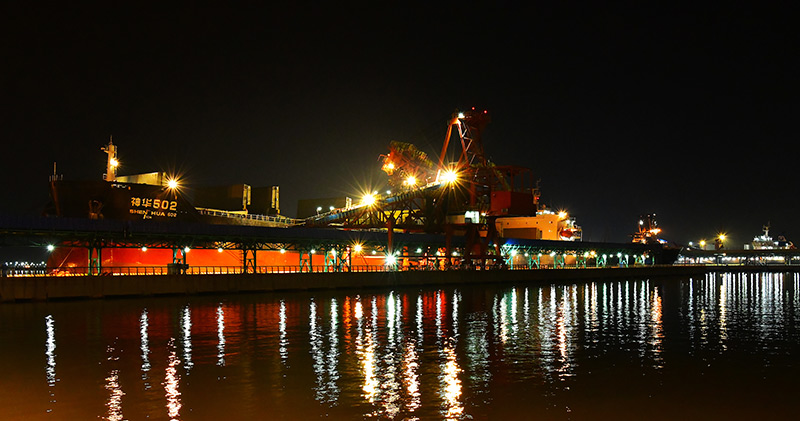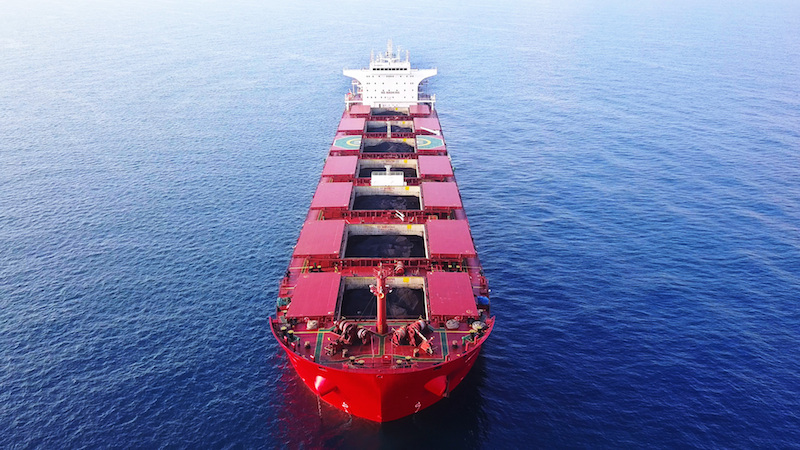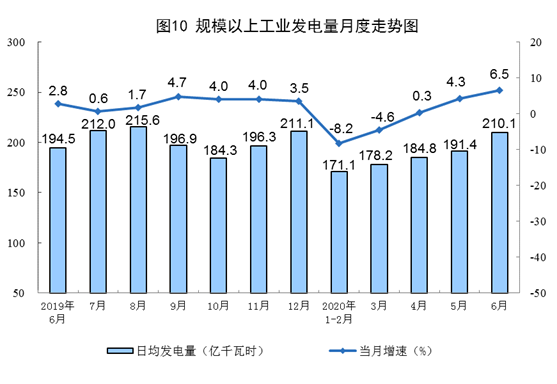
In Q4 ‘21 and early Q1 ‘22, Russian coal exporters on the Baltic faced a series of logistical issues, that led to an unprecedented shortage of coal at local Northwest ports, threatening the breach of contractual obligations by coal suppliers and the failure of the region’s largest coal terminals to meet their annual transshipment plans.
According to the preliminary plan of Russian Railways (RZD), the shipments of coal to the ports of the North-West will be further reduced by 14 mio t within the next three years: from 69 mio t in 2021 to 55 mio t in 2024. Besides, RZD is planning to cut the volume of coal supplies to the ports of the Azov-Black Sea basin by 11 mio t: from 38 mio t in 2021 to 27 mio t in 2024.
In 2022 it is planned to decrease coal shipments to the ports of the North-West and the ports of the Azov-Black Sea basin by 6 mio t and 3 mio t, respectively.
Implementation of these targets in fact contradicts the Program of development of the Russian coal industry for the period up to 2035, approved by the Russian government in 2020, that envisages the increase of coal handling capacities both in the North-West and in the South of Russia. In particular, the reduction of coal supplies to the Baltic Sea jeopardizes the fulfillment of port of Lavna project, which is to be launched in 2023, with annual capacity of 18 mio t of coal. Besides, a number of other coal port projects are scheduled in the North-West, including the construction of a coal handling terminal with annual capacity of 25 mio t as part of the multipurpose transshipment complex in the port of Primorsk.
At the same time, in 2022 OTEKO company plans to increase the capacity of its coal terminal in the port of Taman up to 72 mio t of coal, while about 22 mio t of coal were transshipped in 2021.
It is likely that RZD plans to redirect these volumes to the ports of the Far East, that on the one hand is problematic due to the overload of the Baikal-Amur Mainline and Trans-Siberian Railway, which cannot cope with the current cargo flow, and on the other hand, does not eliminate issues of acute shortage of coal in the Baltic and the development prospects of the declared port capacities in the North-West.
Although the plan is to be approved by the Russian government, it goes in line with the current restrictions imposed by RZD on coal shipments in western direction.



